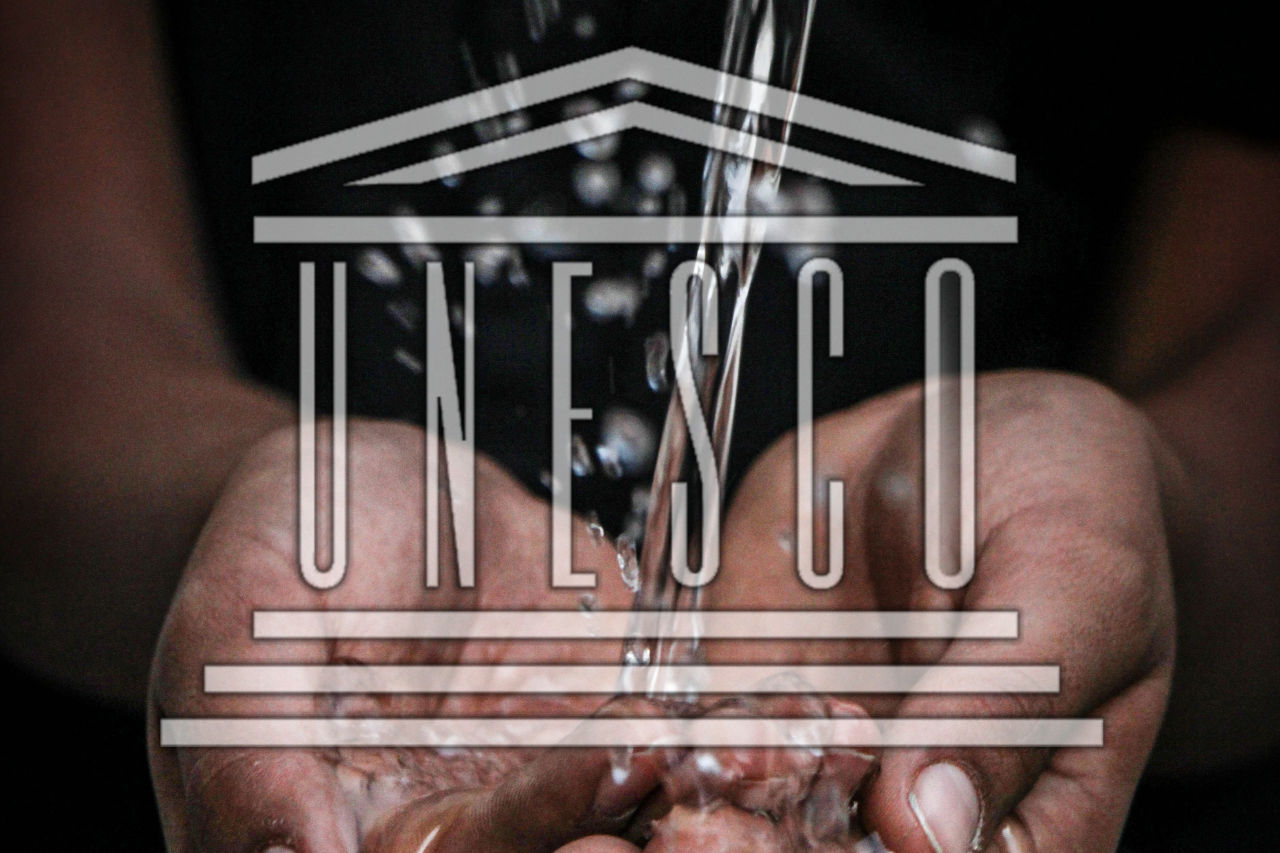The Montpellier Institute for Water and the Environment becomes a UNESCO International Center
On November 18, the UNESCO General Conference approved the creation of an international center dedicated to water in Montpellier. This is a major recognition for the water science community, which has been led since 2015 by the Montpellier Institute for Water and the Environment (IM2E) and has benefited from the support of I-SITE MUSE through its Key Initiative WATERS.

From the Montpellier Institute for Water and the Environment...
Created in January 2015, the Montpellier Institute for Water and the Environment (IM2E) coordinates and leads the largest national community in the field of water sciences. It brings together more than 400 scientists and 150 doctoral students from 15 research units*. The momentum generated by IM2E has been reinforced by the I-SITE MUSE project, as water is central to its three challenges: feeding, caring for, and protecting. The support provided by MUSE has thus made it possible to realize the collective ambition of the "water" community in Montpellier. Among the projects launched in this context is the creation of an international UNESCO center, approved on November 18 by the UNESCO General Conference following a lengthy evaluation process conducted in particular by the UNESCO International Hydrological Program Council. There is only one other center of this type in France: located in Nice, it focuses on pure and applied mathematics.
The agreement formalizing the implementation of the center will be signed shortly between the Ministry of Higher Education, Research Innovation, UNESCO, and the University of Montpellier.
… at the UNESCO International Center in Montpellier
The creation of the UNESCO International Center in Montpellier (officially known as ICIReWaRD: International Center for Interdisciplinary Research on Water Systems Dynamics) is undoubtedly international recognition of the leading role played by the Montpellier water science community. The Center, which will position itself as one of the most important in the world—through the diversity of its research and training topics and the international reach of its teams in both the North and South—will greatly increase the visibility and attractiveness of this community. Four objectives are targeted:
- strengthen scientific partnerships in the North, particularly through the network of UNESCO Centers and Chairs in the field of water (the "Water Family")
- strengthen solid and fruitful collaborations in the field of research and training in Southern countries and regions vulnerable to water-related problems (rapid urbanization, demographic pressure, expected effects of climate change)
- attract high-level students and scientists
train future professionals with the skills and expertise needed to tackle water issues in a world where constraints and new opportunities are increasingly numerous.